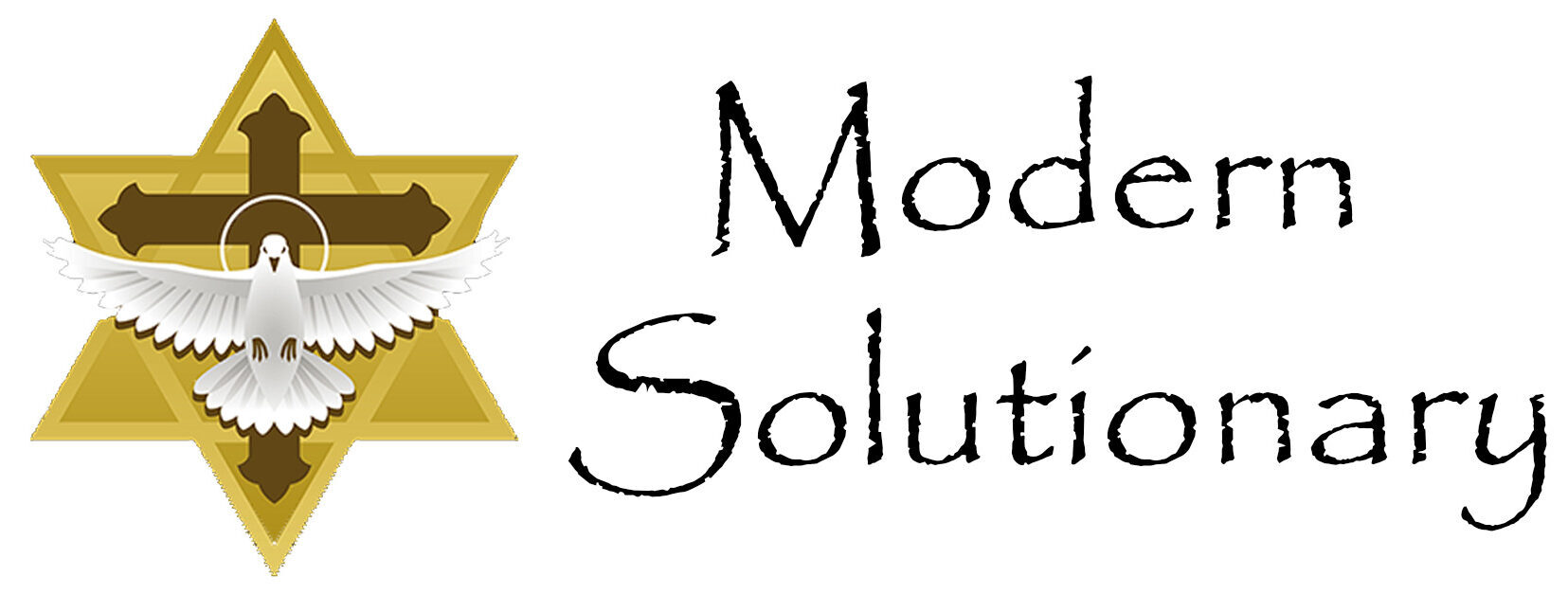“It is as old as the truth and if you use it you believe you came out on top when, in essence, just the opposite has occurred. What am I?”
The lie is as old as the truth, at least as it pertains to our communication. Each time that we are asked a question, we select a choice of one of three ways we will answer it. We can reply by telling the truth, telling a lie, or ignoring the question all together. Isn’t it interesting that we have only three replies: one right, one wrong, and the third an acceptable concession. These are the exact same choices we have for every problem we face.
Studies have shown that people lie more in their younger ages and even less after they reach sixty years of age. It seems that as we mature, we do get wiser. We tell lies about many things, but we do so for only three reasons; to satisfy our selfish reasons, to protect someone from perceived pain, or embellish reality. No matter the reason, lies, when discovered, always deteriorates established levels of trust. It is trust that builds unity in our relationships.
Trust is so important to our society; science has developed ways to determine when someone is lying. One of these ways is the use of a polygraph machine. By quizzing the subject, a polygraph examiner can look at the graphs and can see whether their vital signs changed significantly on any of the questions. If a lie is told there will be a significant change in three involuntary bodily functions, a faster heart rate, higher blood pressure, and an increase in perspiration. What science has proven is that when the body is in conflict, even with its own mind, the body will fight against the lie. It acts differently in a state of conflict. Our body wants to live in the peace provided by the truth. 
“A man is never more truthful than when he acknowledges himself a liar.” – Mark Twain
Thanks to the Power of the Wisdom of Three we can solve our man-made problems pretty easily as long as we also stay selfless in nature. We try so hard to uncover truths by creating “top ten lists of ways to be truthful” or “the top seven ways of being honest”, but these will have redundancies that can be eliminated without harm or impact to the delivering consistent truths. You will find that three concepts are much simpler, will have a much greater retention over time, and they stay true to the natural laws.
This might just be this year’s New Years resolution!
If this is my last post, I want all to know there was only one purpose for all that I have written; to have made a positive difference in the lives of others.
Anthony “Tony” Boquet, the author of “The Bloodline of Wisdom, The Awakening of a Modern Solutionary” and Vice President, Education and Development at The American College of Financial Services
